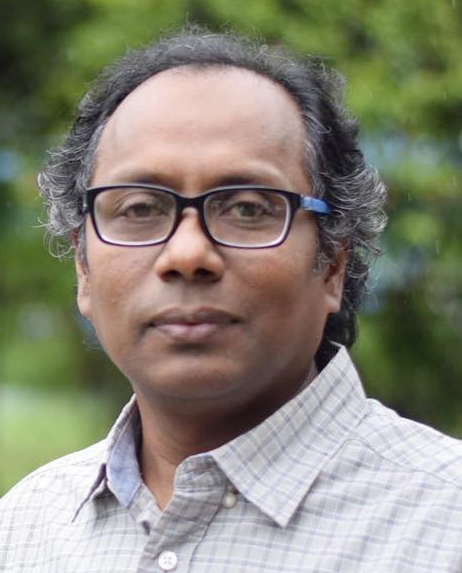Hospital violence: Doctors safety at risk in Bangladesh

In 1996, I went to Panchagarh to campaign for a candidate at the National Assembly election. It was another region for me, andI nearly knew nothing. I was given a red 100cc Honda motorcycle to ride, alongside a person named Khairul. Khairul could be portrayed as’ a slim body with a small build, but the eyes appear to gleam’. He had just been released after serving seven years in jail. Khairul was sentenced to seven years in prison for assaulting a magistrate on duty during an uproar in the city. We do not usually see any Deputy Commissioner (DC), magistrate or police officer being assaulted on duty. Even if such an assault happens, the law shall immediately punish the attackers.
The government doctors are frequently violently attacked in work by patient’s relatives and local terrorists. In most cases, doctors are very little inspired by legal procedures to avoid further hassles. Even if some doctors want to proceed legally, the local police often make several excuses not to help. After an episode of doctor’s harassment, we scream for some time. At that point, the issue gets fainted and awaken again in the following terrorist incident. Consequently, terrorist attacks on doctors continue across the country one after the other. Policymakers do not seem to have a headache that prevents this attack. This is evident from the absence of a specific ‘Physician Protection Act’ in the country. The proposed Health Care Act 2014 has not yet been finalised.
In the absence of specific laws, we should not sit still. Instead, we need to protest by applying the relevant sections of the existing legislation. Let us know a little about the pertinent currentareas of the legislation in force. Sections 186 and 353 of the Penal Code deal with attacks on government employees for obstructing the performance of their duties.
In the absence of specific laws, doctors should not
sit still. Instead, doctorsneed to protest by applying the
relevant sections of the existing legislation
Article 186 of the Penal Code states, ‘ Whoever voluntarily obstructs any public servant in the discharge of his public functions, shall be punished with imprisonment of either description for a term which may extend to three months, or with fine which may extend to five hundred taka, or with both’.
Article 353 of the Penal Code provides for the use of assault or criminal force to obstruct the performance of a public servant, ‘Whoever assaults or uses criminal force to any person being a public servant in the execution of his duty as such public servant, or with intent to prevent or deter that person from discharging his duty as such public servant, or in consequence of anything done or attempted to be done by such person in the lawful discharge of his duty as such public servant, shall be punished with imprisonment of either description for a term which may extend to three years, or with fine, or with both’. Other relevant sections of the Penal Code may be applied depending on the attack's type and extent.
At whatever point there is an attack on a doctor, numerous doctors request for anationwide strike. However, the reality is that no organisation can successfully strike doctors across the country if it wants to. Only the Bangladesh Medical Association (BMA), the parent organisation of all doctors, can carry out any successful program across the country. Alarmingly, doctors across the country are frequentlybeing tormented by terrorists at the workplace.
So, what are we supposed to do now? Will we keep on being beaten this way? We have got our backs on the wall. We have got no choice but to turn around. The first thing a tortured doctor should do after any terrorist incident is to file a case against the terrorists in the police station, subject to a lawyer’s advice. If the police delays taking the case, they will have to bringthe case before the court. If the victim does not sue himself, the fight in court gets hard for us. We had to back down due to the aggrieved doctor’s lack of cooperation at the last minute even after final preparations to file a writ petition in the High Court in at least two instances.
Hospital authorities may also file a case in the event of terrorism. Nonetheless, in most instances, the hospital authorities do not step up and file a lawsuit. So, the victim has to come forward. We are committed to standing by the victim doctors in the legal battle as an organisation. If in a few cases, the punishment of the terrorists can be confirmed by trial, then the terrorists will think a few times in the future before laying their hands on the doctors in the hospital.
Likewise, we need all of you to continue protesting on your own Facebook timeline in every incident of doctor harassment. We need to utilise the power of social media as a platform for protests. Even better if you can make some protests in English as well.
One solicitation toward the day’s end, under no circumstances should we be frustrated. When we have stood up against workplace violence, wewill only leave after realising it. We have not gone down the road to return in empty hands. We expect that Bangladeshi policymakers will address this issue seriously and provide doctors with a safe workplace.
Dr Abul Hasnat Milton is Chairman, Foundation for Doctors Safety, Rights and Responsibilities (FDSR).



